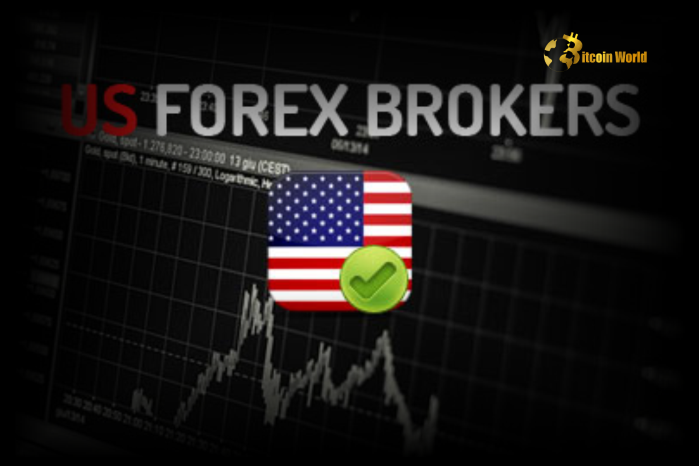Legal Regulations for Forex in the United States
Legal Regulations for Forex in the United States
Blog Article
Understanding Forex Taxation in the US
International change, or Forex trading, brings millions of members in the United Claims every year. Their pure measurement and liquidity allow it to be one of the very most attractive areas globally. Nevertheless, forex in us. has a special and strict approach to regulating Forex activities. If you are looking to industry currencies or just want to understand how legitimate frameworks form the Forex industry, understanding these regulations is crucial.

Important Appropriate Frameworks Shaping Forex in the US
Forex regulation in the United Claims is distinguishable because complete risk regulates and consumer protections. Two leading government figures oversee most Forex actions:
• Commodity Futures Trading Commission (CFTC)
• National Futures Association (NFA)
The CFTC, produced in 1974, is assigned with regulating the futures and choices markets, foreign change included. The NFA, as a self-regulatory firm, operates closely with the CFTC to enforce principles and maintain equity in trading practices.
Registration and Submission
Every Forex supplier or broker doing business with U.S. people must enroll with both CFTC and NFA. These entities will also be expected to adhere to rigorous operational requirements, including:
• Minimum web capital requirements (often higher than in different countries)
• Continuous audits
• Solid anti-money laundering (AML) guidelines
• Transparent chance disclosure
Violations can cause big fines or a permanent ban from the market. That regulatory structure aims to stop scam, protect investors, and increase industry integrity.
Major Limitations on Forex Actions
Foundational protections influence how Forex runs in the U.S.:
• Influence restricts: The NFA units a maximum influence of 50:1 for key currency sets and 20:1 for minors. This is much less than several worldwide markets, helping protect new traders from significant losses.
• Segregation of funds: U.S. legislation needs that customer resources are held split up from broker operational funds. That evaluate safeguards traders in the case a broker becomes insolvent.
• Advertising and disclosure: Firms should obviously describe risks, charges, and trading elements to clients. Inaccurate or hostile solicitation techniques experience rigid penalties.
Enforcement and Penalties
U.S. agencies regularly monitor for fraudulent schemes, insider trading, and illicit market manipulation. Statistical information from enforcement reports reveals a steady pattern of penalties and settlements in recent years, highlighting constant vigilance. This environment, while stricter than most areas of the planet, produces a safer playing field for retail and institutional traders alike.
What to Consider as a US Forex Trader
New styles show a continuing increase in regulatory measures, a focus on client education, and constant revisions to conformity requirements. If you plan to trade Forex in the U.S., it's necessary to:
• Validate a broker's effective registration position
• Remain updated with regulatory changes
• Review chance disclosures before generally making trades
This process decreases unforeseen failures and improves your prospects in a tightly controlled but robust marketplace. By understanding legal rules, U.S. traders may confidently participate in the Forex industry while remaining within the variables of the law.
Report this page